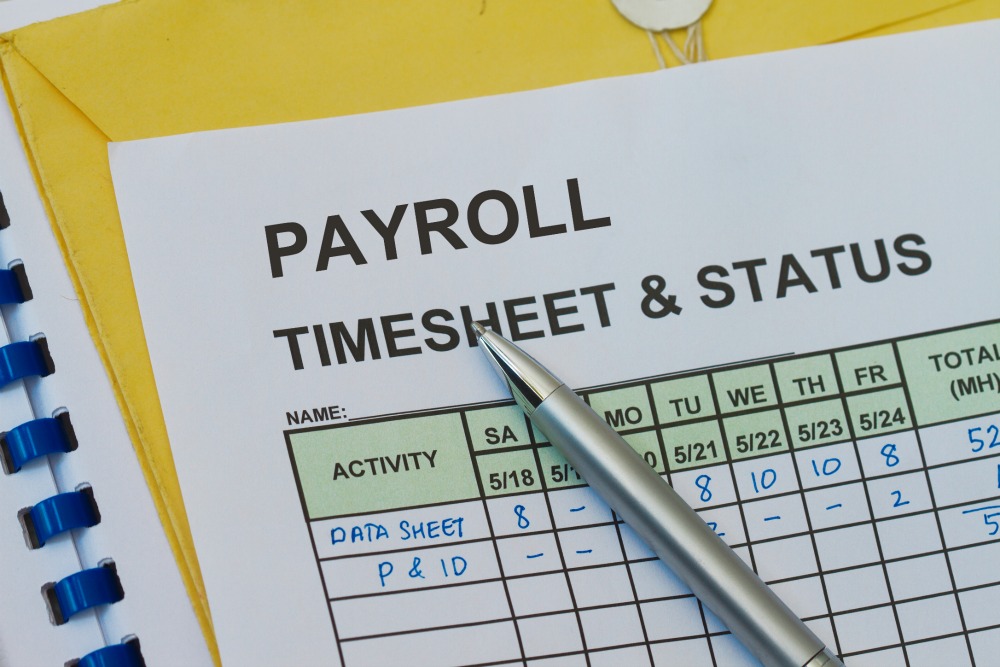Do exempt employees have to turn in time sheets? And when an exempt employee takes vacation or sick time, does payroll just “subtract” it from the employee’s salary?
Let’s go to the experts on this one, the federal government. According to the Fair Labor Standards Act (FLSA), an employee classified as “exempt” must be paid on a salary basis. This means that exempt employees get full salary for any workweek in which they perform any work, no matter how many days or hours they worked. There are a few exceptions, but the general rule is not deductions from salary for time off.
So the short answer is: No, they don’t need to submit time sheets. But … you can ask exempt employees to keep time records, just not as the basis for their pay.Example: Andrea’s job overlaps two departments, so her salary comes from two separate budgets. It’s legal to ask her to track her hours for the two departments’ internal accounting or client billing. Tracking Andrea’s hours for any other reason might destroy the exemption, which could end up costing you back overtime and taxes.
Important heads-up: You have to make sure the employees you treat as exempt actually meet the FLSA’s requirements. Salary, alone does not make an employee eligible for “exempt” status.
But wait, there’s more. Some FLSA exemptions are only partial exemptions. They require the employer (you) to maintain time records — even if the employees are exempt from minimum wage or overtime.
As for an exempt employee’s taking sick and vacation time, you need to set up a system for notifying payroll about the time off. Payroll will deduct this from the employee’s paid-time-off bank.
Naturally, this is only kosher if your company has an actual policy for vacation and sick time. That, plus you still have to pay the exempt employee’s guaranteed salary.

